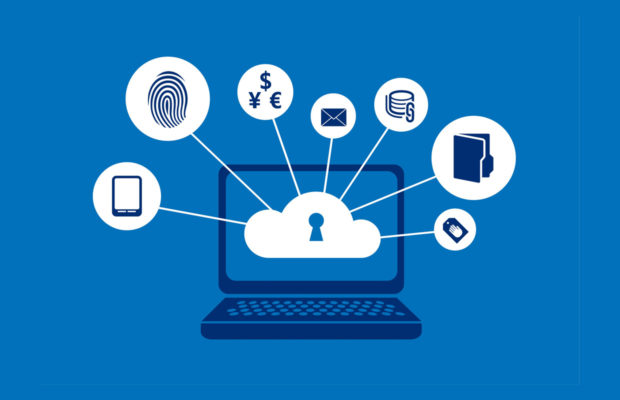Data Privacy: What You Need To Know

When you start a business, having sufficient data protection is vital. Having customer data stored on your systems safely and securely is an extremely high priority when running an operation. Theft of customers’ sensitive information can result in very heavy fines and compromise the integrity of the business, damaging the reputation of the organisation,making it very difficult to bounce back from. When it comes to data privacy, here are some things you need to know.
The Data Protection Act: The Basics
For any new business, knowledge of the Data Protection Act is essential. The act was introduced to give customers a right to protect their personal data from undue processes. The basics of the Act are as follows.
A “data controller” is a person or entity that determines the purposes for which personal data is processed. Under the Data Protection Act, personal data must be:
- Fairly and lawfully processed
- Processed for specified purposes
- Adequate, relevant and not excessive
- Accurate and, where necessary, kept up to date
- Not kept for longer than is necessary
- Processed in line with the rights of the individual
- Kept secure
Knowing the fundamental pillars of the act before you start trading is a must!
How To Enforce Data Privacy
In an organisation it is your responsibility to make sure that employees know their basics when it comes to data privacy. Holding regular training sessions on the policies and procedures as well as cascading any updates to the laws are of the utmost importance. It is your responsibility as a business to be aware of changes in law.
Delegate Responsibility
Making sure you have a member of staff that has complete responsibility for your employees’ knowledge is one way of ensuring adequate privacy of data is maintained.
Confidential Waste
It is common practice in offices to have confidential waste bins for information that is deemed sensitive. The information put in these bins can then make their way to the shredder. Enforcing that use of these is compulsory will prevent data leakages and prevent many business headaches!
Security Updates To Software
Updating security software on a regular basis will stop hackers and fraudsters from infiltrating your systems. Issues in software can occur at any time and you need to make sure that you are protected. If developing in-house software, licensing issues in new software can result in patches. Software development advice from source code escrow specialists can help with regards to this aspect. Having knowledge on specialist issues like data encryption will help give your I.T. systems that extra layer of protection.
Keep It In-House
Taking data away from the workplace can result in massive legal ramifications. Making sure that work laptops are kept in the workplace and locking paper data away at the end of the day will assist with this. Also making sure that work computers are not used for personal reasons is another way to keep it in-house.
Protecting your data can be a minefield of legal terms and worries. Following these processes will start you on the road to making your business fully secure and protected.













 © 2024
© 2024
0 comments